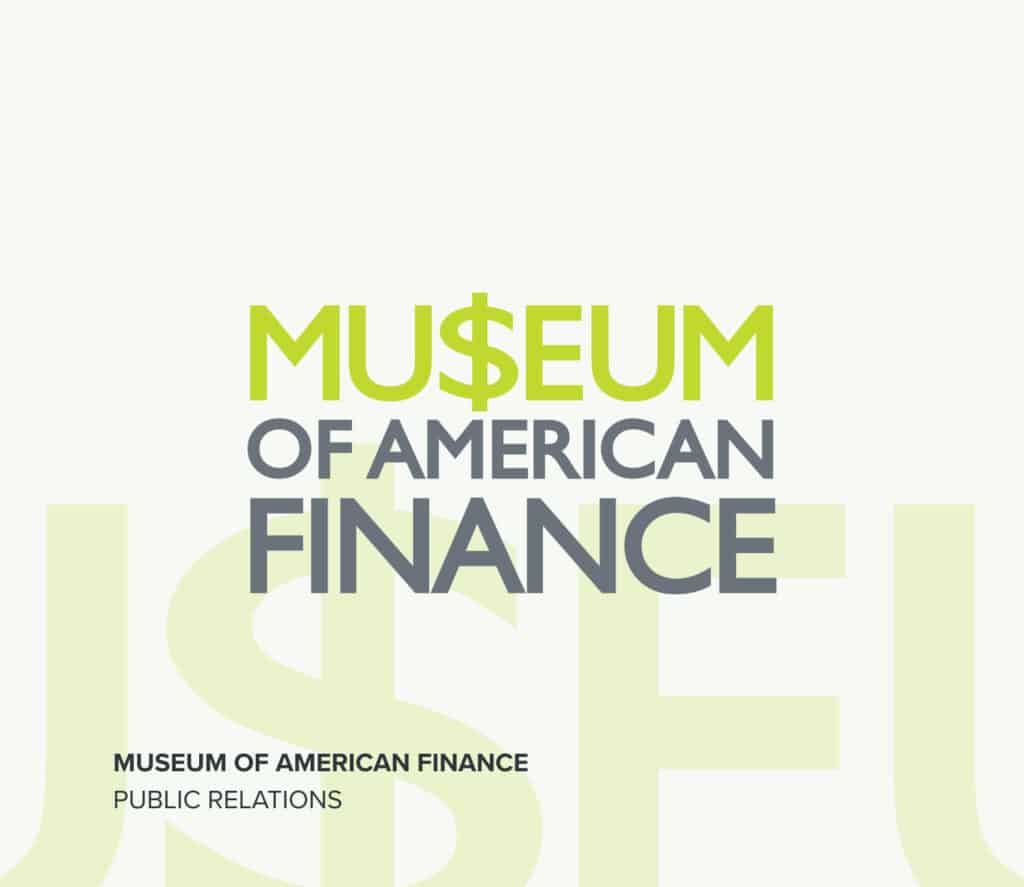Closing bank branches, minimum wage increases, and an eviction crisis
Decreasing branch traffic:Thousands of bank branches closed temporarily this year due to the coronavirus pandemic, which combined with social distancing measures to contribute to the trend of bank customers increasingly gravitating towards digital options. According to Banking Dive, some banks are beginning to altogether reevaluate the value of their physical branches and corporate offices.
This may mark the beginning of a permanent shift in customer behavior in the banking industry allowing banks to dramatically cut their brick-and-mortar budgets. “Industry observers, including Jim Miller, vice president of banking intelligence at J.D. Power, say the coronavirus crisis is accelerating the shift from branch interactions to digital.”
Minimum wage gap: Policies pertaining to minimum wage have been debated by economists and politicians since the program’s inception in 1938. While some believe that a guaranteed minimum increases the unemployment rate among young and low-skilled workers, others argue that no established rate takes advantage of the workers who are relying on entry level positions for their livelihood. With similar programs now spread across roughly 90% of countries, The Economist examines the merit of raising the US federal minimum hourly wage to $15.
Paused eviction notice: Tenants’ rights advocates are witnessing the beginning of a national housing crisis as Congress failed to reach an extension of the federal moratorium on evictions that expired at the end of July, reports American Banker. Tenant and landlord groups are looking to the banks that hold the mortgages of the apartment or rental homes to take action by pausing eviction proceedings if the property owners have requested forbearance on their mortgages. Meanwhile, banking executives are looking to the government, saying the best solution may lie in another round of government stimulus payments.
Generation Rent: Home ownership is at a record low among 25- to 34-year-olds in the US and UK; more people are renting homes than at any other time in the last 50 years, and they are moving much more frequently. As such, home goods companies like Ikea are looking for ways to capitalize on individuals who still need items like furniture and appliances, but may not be looking for permanent ownership of them. The Guardian examines the recent positive shift in the public perception towards renting everything from automobiles to vacation homes to refrigerators, and why the appeal may not last.


